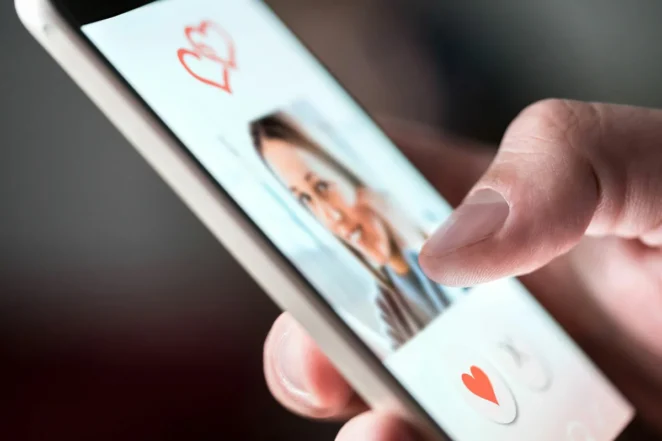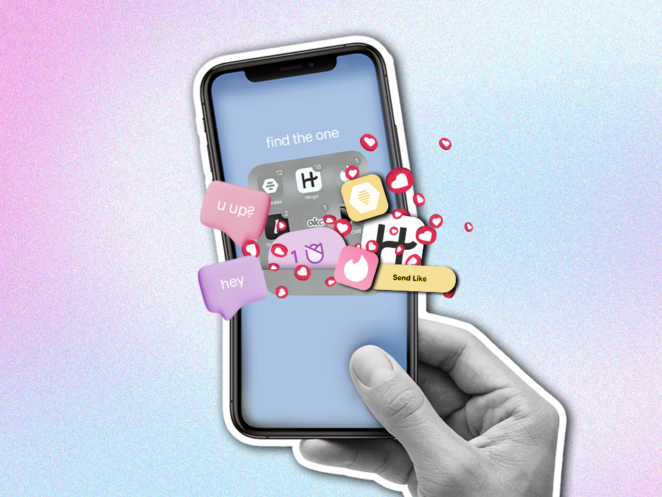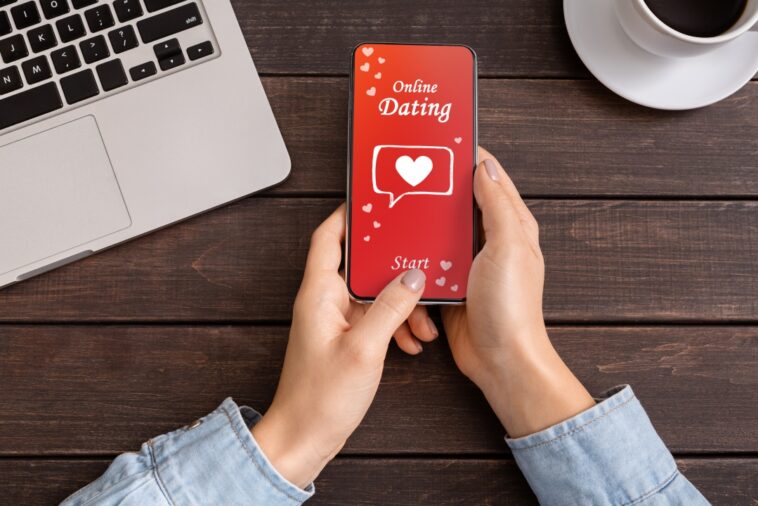Dating apps have rapidly grown in popularity in recent years, becoming a ubiquitous feature of modern dating culture. Millions of people around the world use dating apps to meet new people, form romantic relationships, and look for love. The ease and convenience of these apps have made them a popular choice for many people looking to connect with others.
However, despite the many benefits of dating apps, their widespread use has also had unintended and unforeseen effects on men’s mental health. Research has shown that the use of dating apps can contribute to feelings of anxiety, depression, and low self-esteem, particularly among men. The pressure to present a perfect image, heightened competition, and constant rejections from potential partners can all take a toll on men’s mental well-being. This article will examine the negative effects of dating apps on men’s mental health and explore the reasons behind these effects.
Background information on dating apps

Dating apps have been around for over a decade, with the first one, Grindr, launching in 2009. Since then, the dating app industry has exploded, with new apps launching regularly and existing apps continuously updating their features and algorithms. Early dating apps were geared towards the LGBTQ+ community and focused primarily on hook-ups. However, over the years, the dating app landscape has evolved to include apps catering to a wide range of people and relationship goals, from casual hook-ups to serious relationships.
Today, the dating app landscape is highly competitive, with each app vying for user engagement and market share. There are a variety of dating apps available, from those that use sophisticated algorithms to match users based on compatibility, to those that prioritize casual hook-ups and quick connections. Some of the most popular dating apps include Tinder, Bumble, Hinge, and OkCupid, among others.
Dating app usage has become increasingly widespread, with millions of people using these apps every day. According to a recent survey, over 40% of people in the United States have used a dating app, with a similar trend observed in other countries around the world. Among these users, men are significantly more likely to use dating apps than women, with studies showing that approximately 60% of dating app users are men. This is an important factor to consider when examining the impact of dating apps on men’s mental health, as it highlights the need for greater understanding and support for this demographic.
The effects of dating apps on men’s mental health

Dating apps often put pressure on users to present a perfect image of themselves to potential partners. Users are encouraged to craft carefully curated profiles and put their best foot forward in order to stand out from the competition and attract potential partners. However, this pressure to present a perfect image can be particularly damaging for men’s mental health, leading to feelings of anxiety, low self-esteem, and insecurity.
Dating apps are often characterized by heightened competition, as users are presented with a seemingly endless pool of potential partners. This can create feelings of inadequacy and low self-esteem, particularly among men, who may feel as though they are not good enough to compete with others in the dating pool. Rejections from potential partners, which are a common occurrence on dating apps, can also contribute to feelings of anxiety and depression.
Dating apps are also notorious for promoting negative behaviors such as ghosting, where someone suddenly cuts off all communication with another person without explanation. This behavior can be particularly damaging to men’s mental health, as it can leave them feeling rejected, unvalued, and hurt. In addition, the constant barrage of negative experiences and rejections on dating apps can erode men’s confidence and self-esteem over time.
Research has shown a strong correlation between dating app use and decreased self-esteem in men. Studies have found that men who use dating apps are more likely to experience feelings of anxiety, depression, and low self-esteem compared to those who do not use these apps. This highlights the need for greater awareness and support for men’s mental health in the dating app industry, particularly for apps where you have the best chance for a hookup.
The reasons behind the negative effects of dating apps on men’s mental health
The widespread use of technology has had a profound impact on human relationships, including the way we approach dating. Dating apps have created a culture of instant gratification and have changed the way we form and maintain romantic connections. This has resulted in a shift away from more meaningful, genuine relationships and toward superficial, short-lived connections.
Dating apps often commodify dating, turning it into a transaction where users are commodities to be bought and sold. This has led to a devaluation of emotional connection and a focus on physical appearance and superficial traits. This can be particularly damaging to men’s mental health, as it can lead to feelings of inadequacy, low self-esteem, and insecurity.
Dating apps often encourage users to constantly seek validation and approval from others. The pressure to constantly receive positive feedback and engage in multiple relationships can lead to feelings of anxiety and low self-esteem. This can be particularly challenging for men, who may feel as though they are constantly being judged and rejected by others. The constant need for validation through dating app use can also lead to an obsession with self-image, which can contribute to feelings of anxiety, depression, and low self-esteem.

Conclusion
This article has explored the negative effects of dating apps on men’s mental health, including increased pressure to present a perfect image, heightened competition and feelings of rejection, and the impact of ghosting and other negative behaviors. These effects are often linked to the commodification of dating and the pressure to constantly seek validation and approval through dating app use.
It is important for dating app developers to take responsibility for the impact that their products have on mental health and well-being. This includes creating safer, more inclusive spaces for users, and implementing features that promote healthy relationships and positive self-esteem. Mental health advocates can also play a role in raising awareness about the issue and providing resources and support for those who are struggling. Finally, individuals can make a conscious effort to be more mindful of their dating app use, recognizing when it is becoming a source of stress or anxiety, and taking steps to address it.




